Private Label Products: How to Run Shopify Using the Private Label Model
Many of the leading ecommerce businesses get to the top not by dropshipping, wholesaling or selling white label products. They launch their own brand selling private label products.These are products that are fully
owned and manufactured by the retailer rather than selling unbranded products produced by someone else using your own label. That ultimately means more control and more profits.
Many of the biggest brands do private labelling – Amazon Basics (by Amazon) and Kirkland (by Costco) are a couple of good examples.
We’re more interested in the likes of Phillip Defranco, the YouTube star who is known for his daily news show about hair care. A while ago, he launched a hair care line called Beautiful Bastard that has gone from strength to strength.
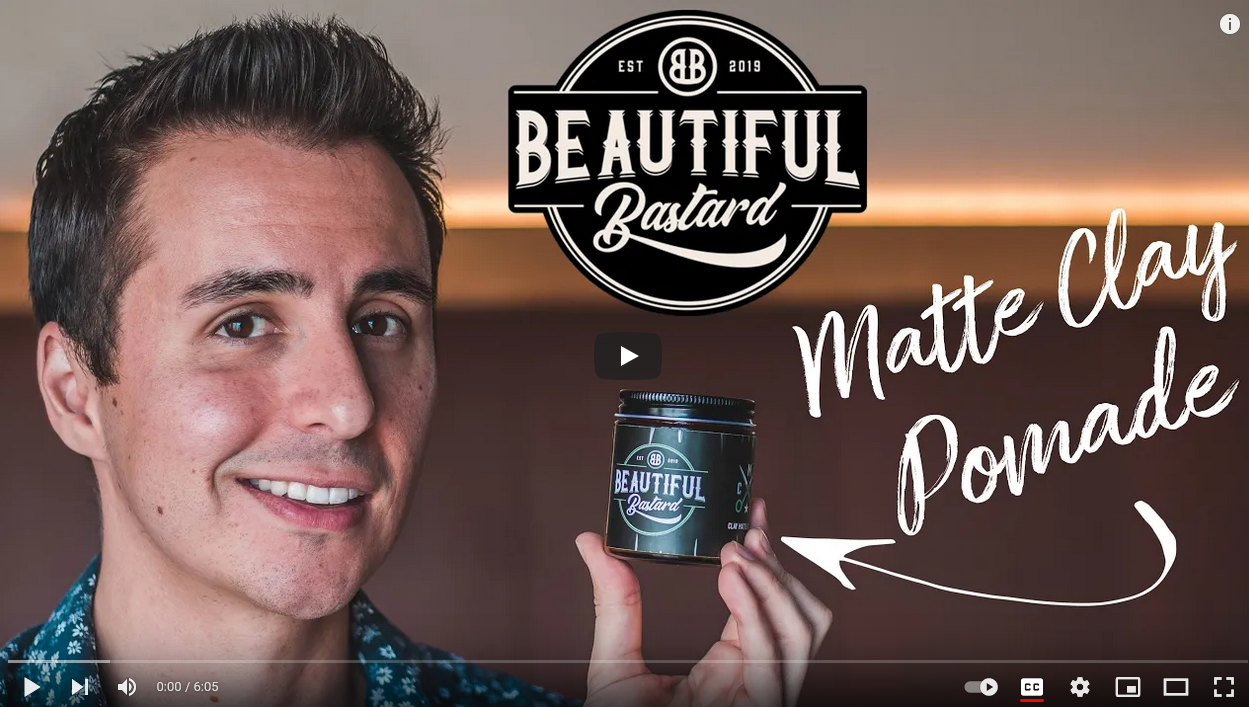
This is not a one-off success story by a guy who suddenly struck gold with a great idea. It’s happening all over the world in ecommerce and does not take millions of dollars to achieve.
Nor is it a “get rich quick” scheme.
You too can develop and sell a private label brand by following the strategies used successfully by others. Follow the tips outlined in this guide and you’ll have the foundation to start your private label business using your ideas.
What’s the difference between white label, wholesale and private label?
Ecommerce businesses use a variety of terms to describe the models they use and the way they interact with their products and services.
Let’s start with one that is generally well understood:
- Wholesale: this is when you purchase products in bulk from another brand through a supplier and resell them. You essentially act as a middle-man.
However, white label and private label create a lot of confusion so these need clarification:
- White label businesses take a product manufactured by another company and put their name on it. They have no control over the development, production or servicing of the product that bears their name.
- Private label businesses develop products and contract with a manufacturer to produce the products to their specifications.
White label is a popular business model because there are no development or manufacturing costs.
For instance, you might love yoga gear and want to set up a business selling yoga products. You simply want good quality stuff that you put your label on without the hassle of developing new products. That’s the thinking behind the white label business model:
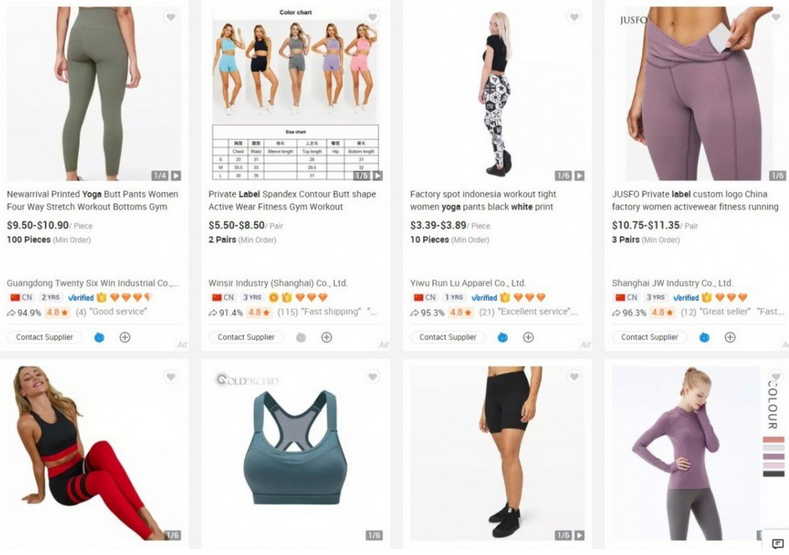
The drawback with this model is that you sacrifice a great deal of control—not to mention profit. Private label, on the other hand, takes more work at the beginning but ultimately puts you in control of production and profit margins.
Even some of the businesses you work with on ideas might be confused by the difference between white label and private label so make sure this is clear from the start.
Who’s the private label model for?
It’s an illusion that you need huge startup bucks to start a private label business. Maybe the misconception exists because many of the biggest and best go down the private label route.
Yes, Walmart, Target, and Costco do it—and Amazon has reportedly rolled out nearly 150 private labels of its own—but that doesn’t mean you can’t do it.
You do, however, need an idea backed up by some commitment and resources. It takes time to build your products and longer to build your brand. If you have these qualities, a private label may be for you.
Peak Design is a good example of a niche business that you probably haven’t heard of but which has made it big from the private label model. It started in 2010 making and selling high-quality private label accessories for photographers, including bags, straps, pouches, and other gear.
The team there has steadily built a strong brand with crowdsourced funding and by marketing successfully through social media to the point that it is now a well-recognized brand in its niche.
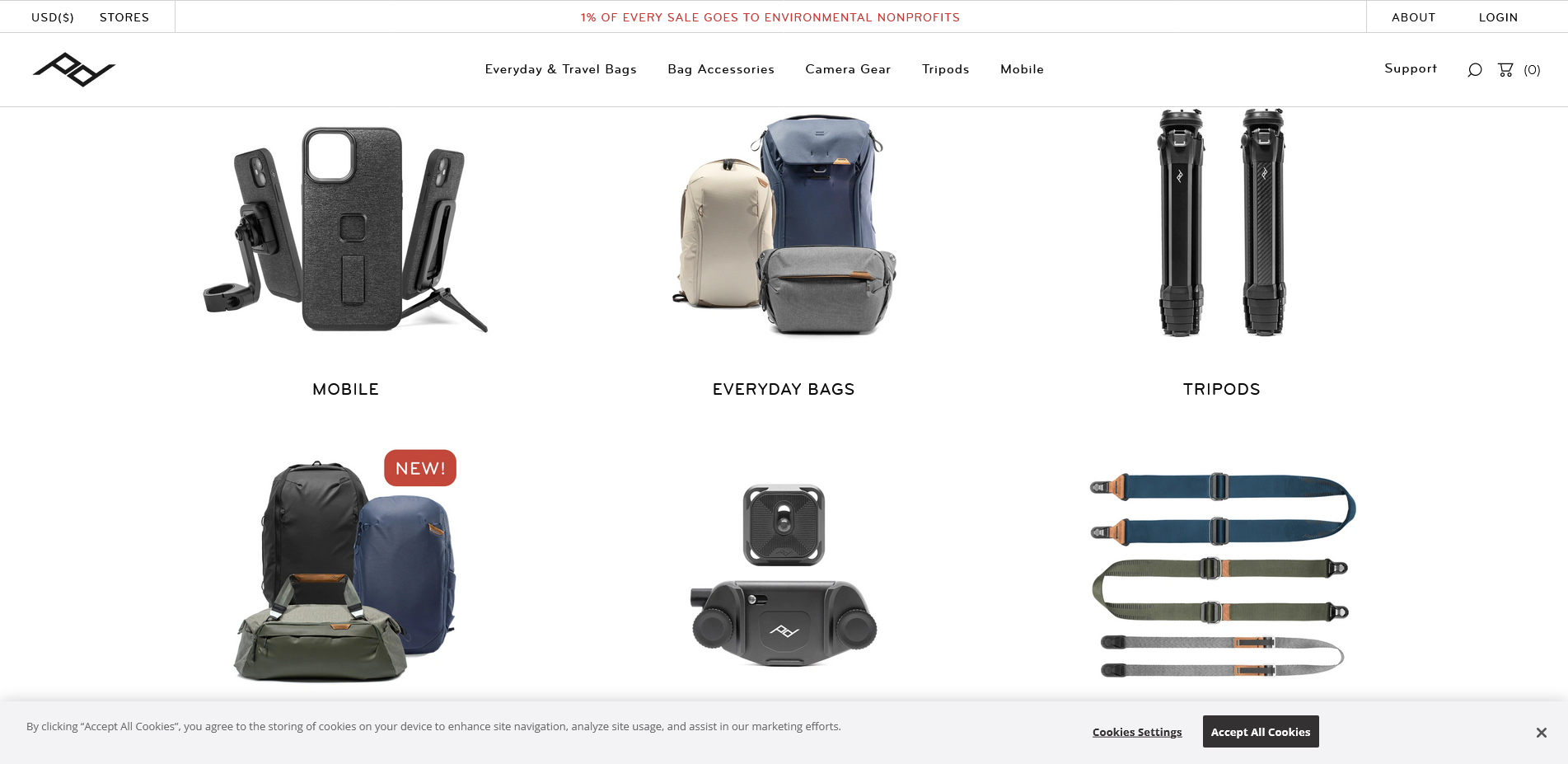
It’s worth reiterating that this gear is not cheap. It sells at a high profit margin because of the quality and strength of the brand.
It’s just one story. But it could be yours.
The beginnings of a brand
Having the right idea and making the right products is the starting place for building a successful brand. It’s difficult to go anywhere without these crucial foundations for the business.
Do your research online. No excuses—simple Google keyword research can tell you what’s “hot” and what’s not. Checking Amazon will also provide valuable product info. You can use Jungle Scout to check out what shoppers are looking for on Amazon.
The goal, of course, is to find in-demand products, check out the existing competition and identify the right market “fit’ for your business. Keep away from overcrowded markets and try to focus on niches with lots of negative reviews (you may be able to do it better).
Before starting up, you will need to develop your product concept, examine the upfront manufacturing costs, and search out reliable manufacturers who will offer competitive bulk pricing.
Then it’s a case of setting up your ecommerce website (we recommend the Shopify platform), marketing your business to build your brand, and gathering feedback from customers to improve your products.
Key challenges for private label ecommerce businesses
You’re likely to run into some problems along the way—all ecommerce businesses do. Typically, these might be:
- Setting up your company: you need to form your company with the right structure to suit you and register for a business tax ID with the IRS.
- Raising capital: there’s no escaping the fact that you need startup capital. Peak Design was able to crowdsource – how are you going to raise funding to develop, manufacture, market, and ship your products?
- Product validation: if you don’t have the right product(s) in the beginning, your business can become an expensive mistake.
- Vetting and sourcing the right manufacturer: it can be challenging to find the right manufacturer to produce what you want, when you want it, at the quality you need—but it is essential to spend time on this as it is a key factor in the success of your brand (it may mean sourcing a manufacturer overseas).
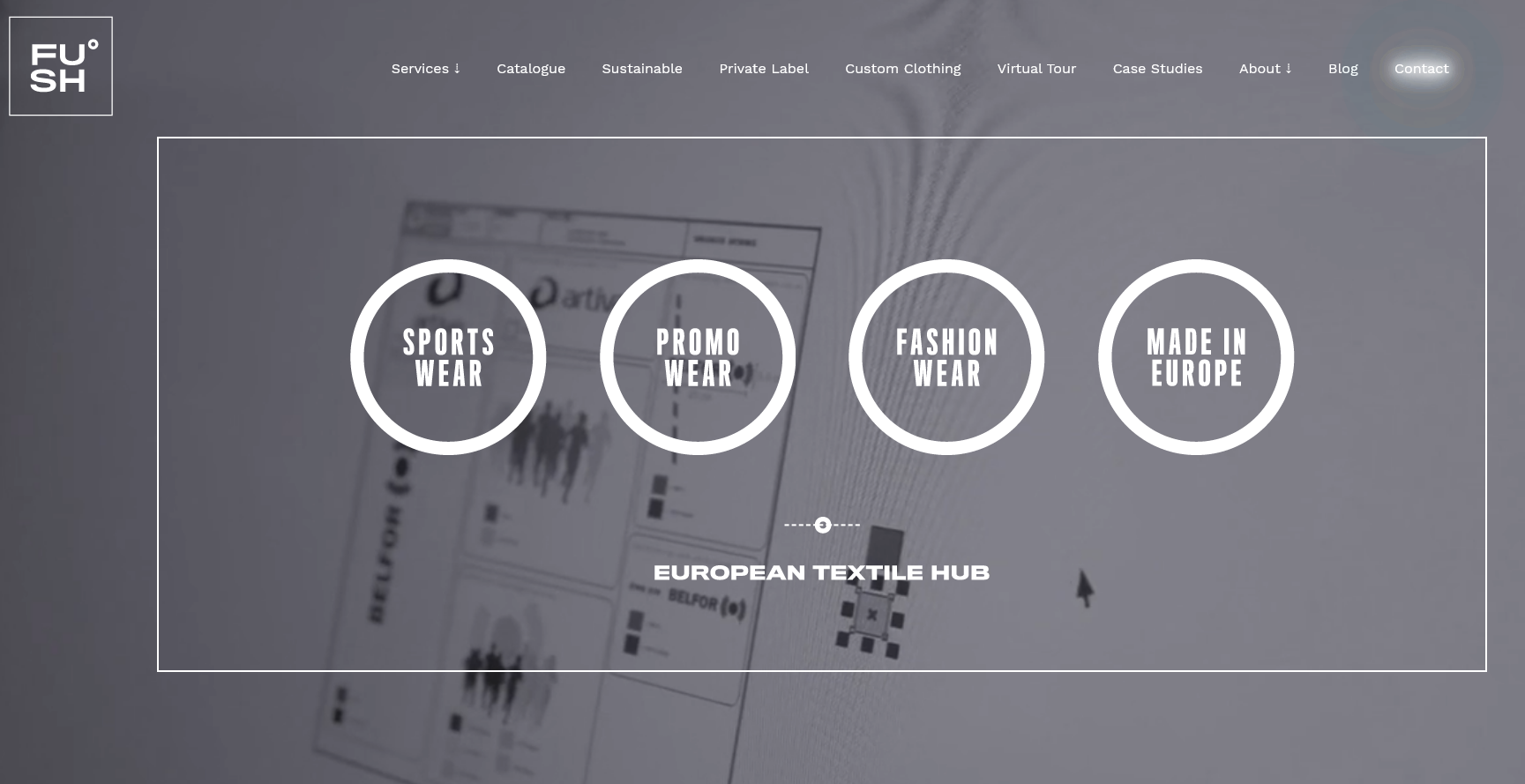
Setting up your ecommerce website: don’t rely on selling on Amazon…develop an ecommerce site on Shopify to help you build a brand and maximize profits.
Pricing: setting the right price-point is essential for profitability—be sure to include all the relevant costs in your pricing calculations, including the costs of inventory and shipping.
Timing: is the market right for your products or would it be best to wait a while to launch?
What types of products are best for private label businesses?
Everything from water bottles to consumer electronics is sold under private labels. There are no restrictions though most readers of this private label guide will be most interested in the fashion and accessories industry.
The good news is that the private label model lends itself very well to clothing, cosmetics, and accessories businesses. In fact, they account for some of the most popular private label products sold online.
To give you a taste of the types of private label businesses currently being established, here are some of the most popular ideas:
Apparel/accessories
- Yoga pants for women
- Hiking boots for women
- Maternity dresses
- Jean shorts for women
- Rain ponchos
- Tactical backpacks
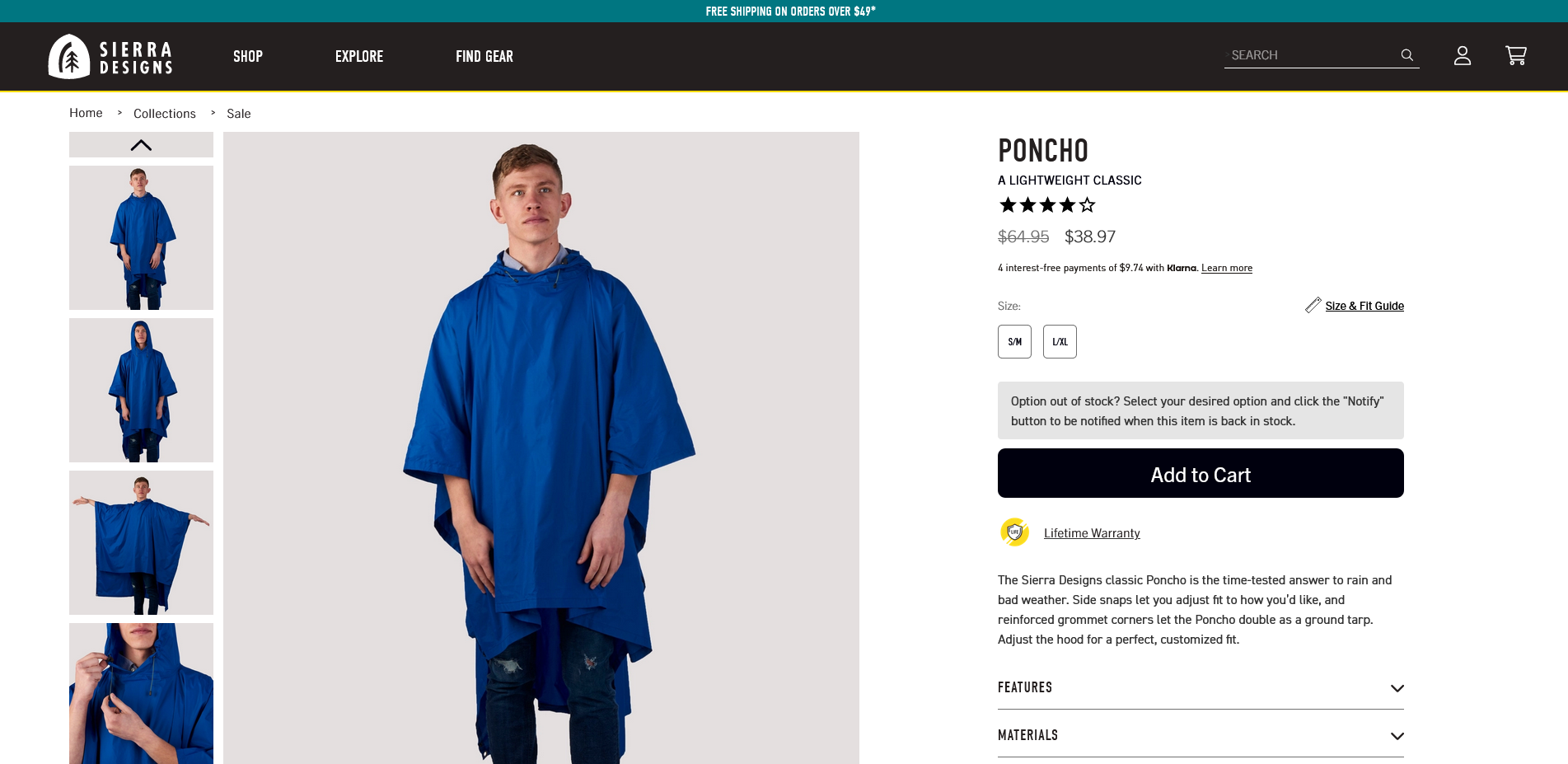
Cosmetics/Skincare/Haircare
- Cruelty-free makeup
- Organic sunscreen
- Natural deodorant
- Coffee scrub
- Tea tree oil
- Hair growth shampoo
- Beard oil
- Hair growth vitamins
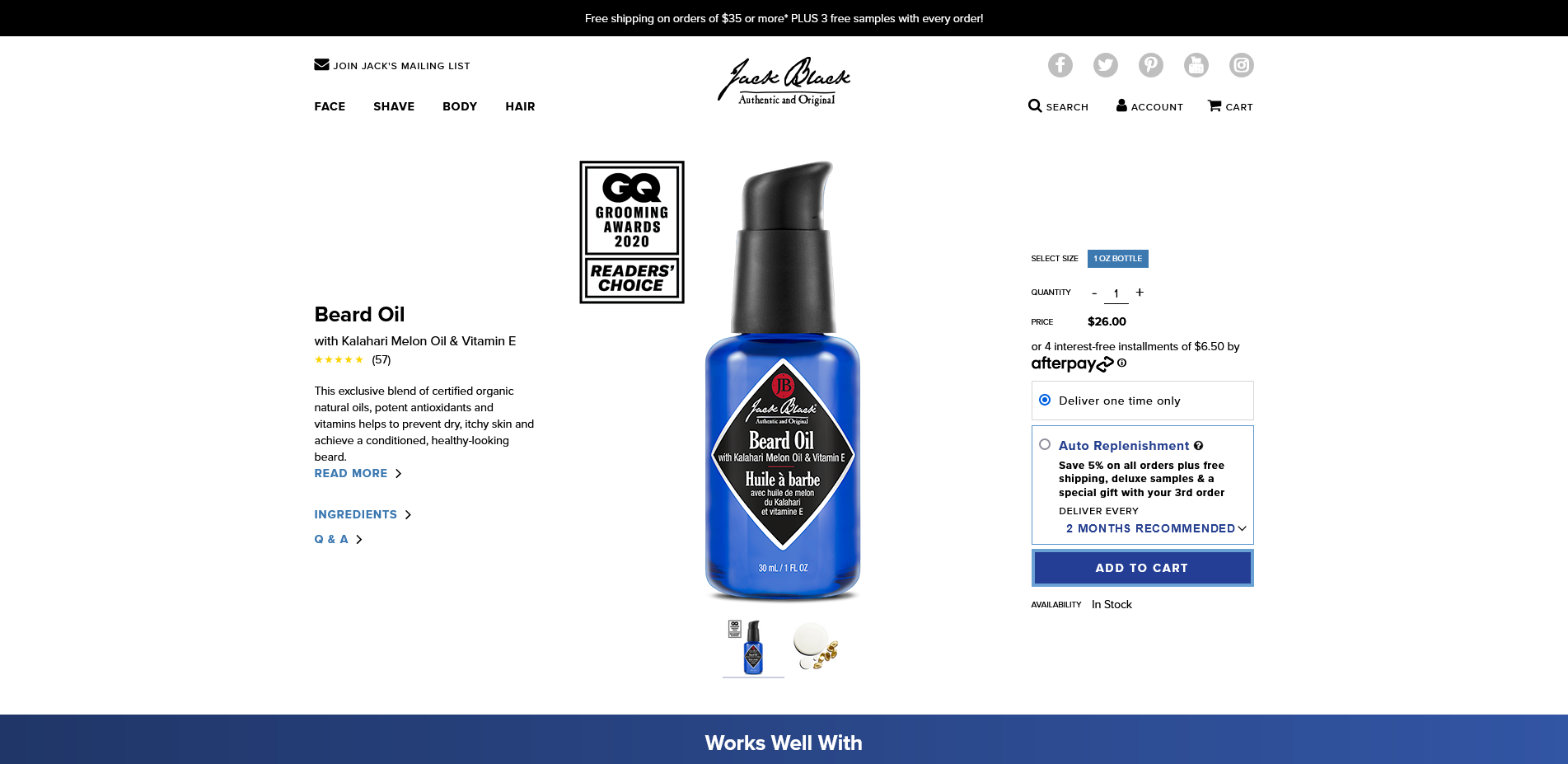
Note how these products are specific and ‘niche”. This approach allows you to potentially dominate a particular sector rather than competing in a broad area with plenty of other companies.
Getting set up to sell private label products
Launching an ecommerce business is tough but it’s a whole lot easier when you get the right advice from the start.We’re available for a free discovery call if you are considering setting up a private label business on
Shopify and need assistance with mapping out, developing or marketing your business.
